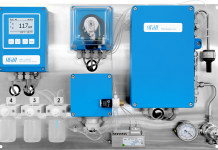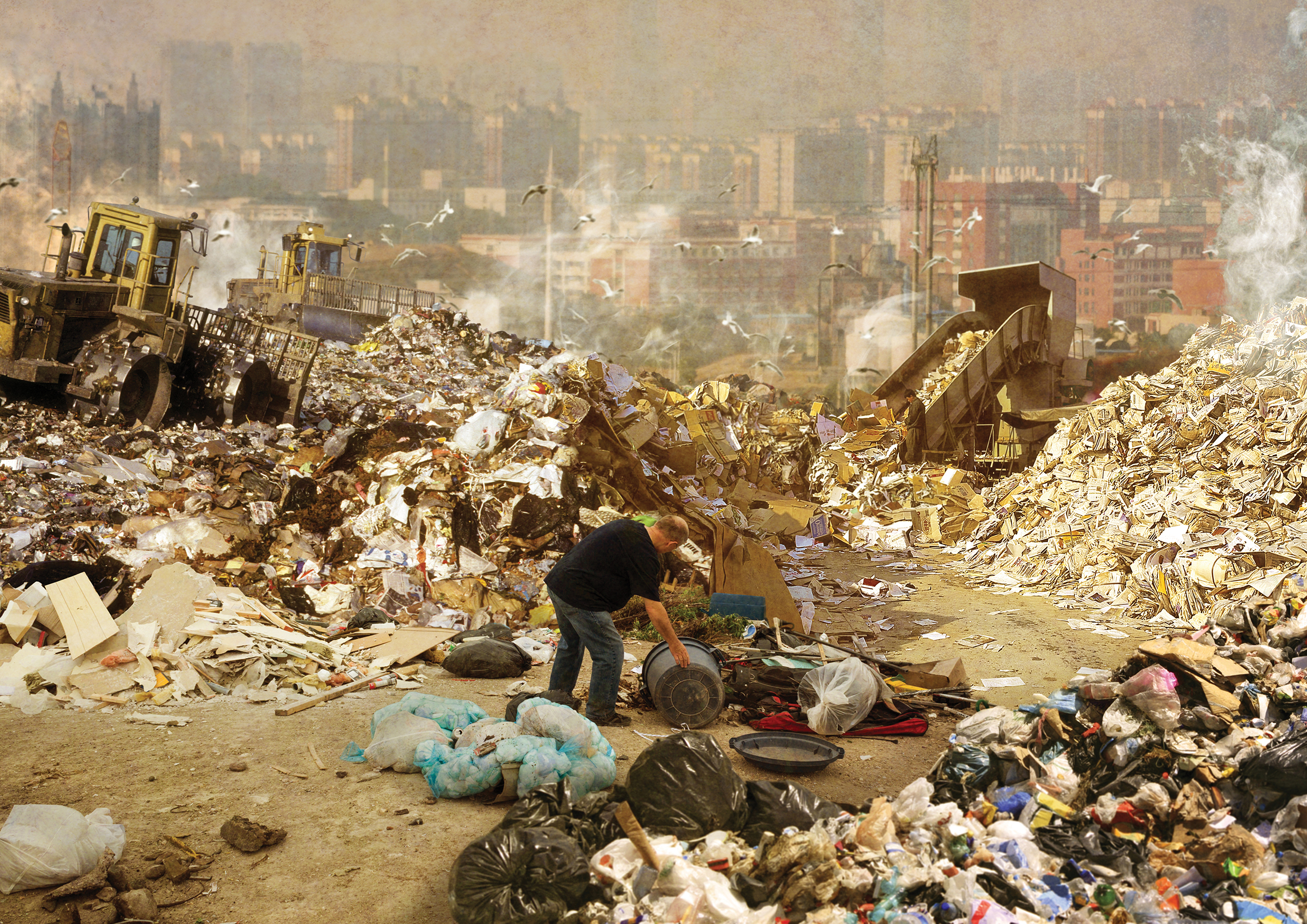Best practice has simply demonstrated risk mitigation of environmental impact of landfill and incineration.
But these controls are not necessarily practiced around the world. Instead of burying the problem or turning it to carbon dioxide in a very expensive way, why not make use of our waste and turn it back into consumer products such as personal care products, food and drink and transport. Bio refineries are today’s solution for bringing waste back into the production stream.
Europe is facing the challenge of accumulating waste, where 80% of the population is expected to live in Cities by 2020. Every year, 242 million tonnes of municipal solid waste is generated, 55% of this is disposed to landfill or incinerated. Urban organic waste has low value applications such as energy production and animal feed; otherwise it is disposed to landfill. This releases harmful green house gases. But what if waste was redefined as a resource; one that could potentially drive the production of biofuels for transportation and domestic heating, and provide alternative routes to petrochemicals for the production of commodity chemicals.
Industrial Biotechnology has potential to move the treatment of urban organic waste up the waste hierarchy, transforming a disposal problem into a valuable raw material and a secure source of sustainable chemical feedstocks. Biological technologies such as enzymes and micro-organisms can convert heterogeneous biowastes to homogenous intermediate chemicals such as sugar and methane gas. These can be fermented or chemically converted to polymers, fuels and chemicals. CPI has a ten year track record in development and commercialisation of biotechnologies and is bringing together knowhow in waste-processing and bio-processing for scaling-up key enabling technologies that convert waste streams into bio-based value chains. This can drive sustainability in the chemical industry whilst addressing a major societal challenge.
For more information please contact
info@uk-cpi.com











